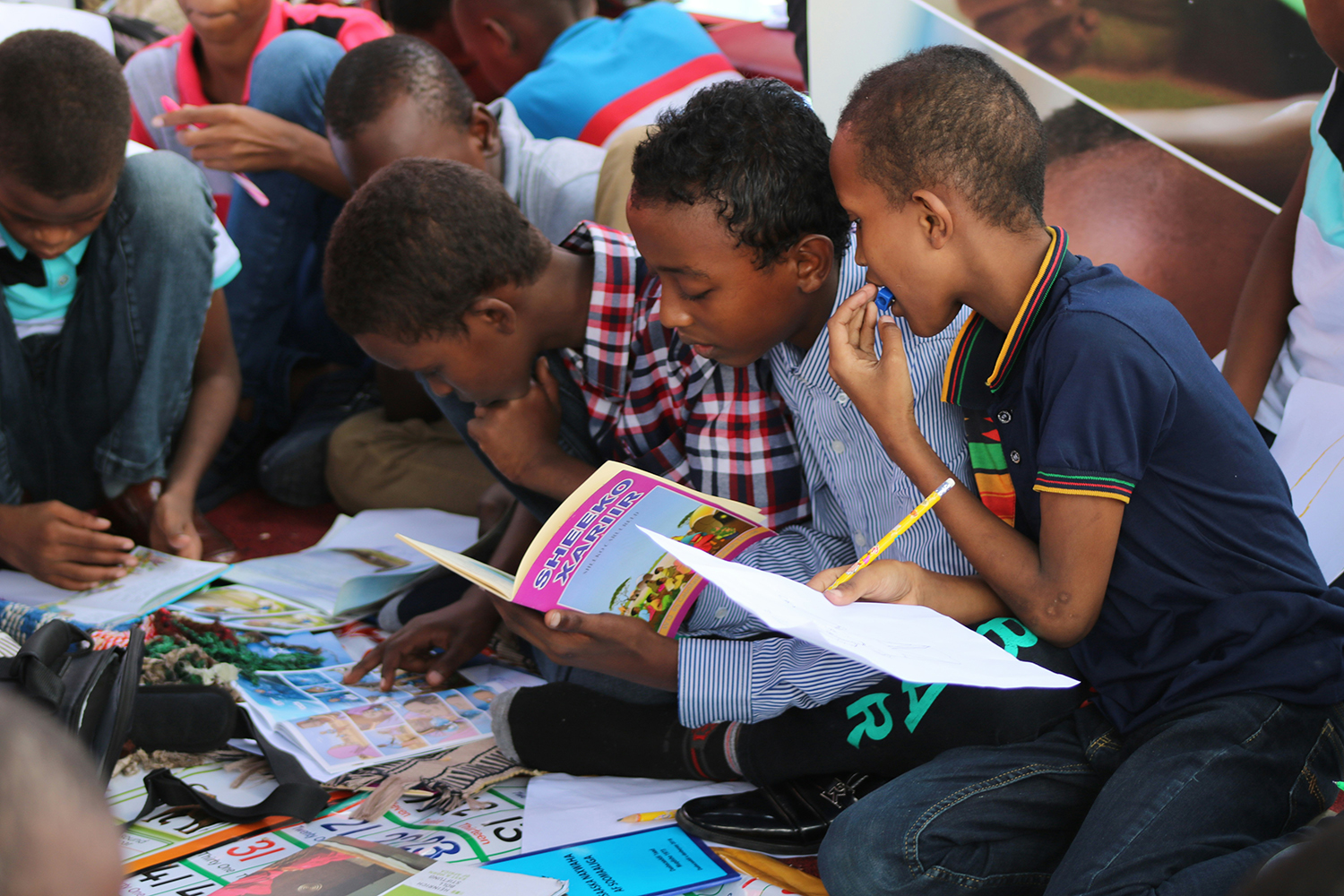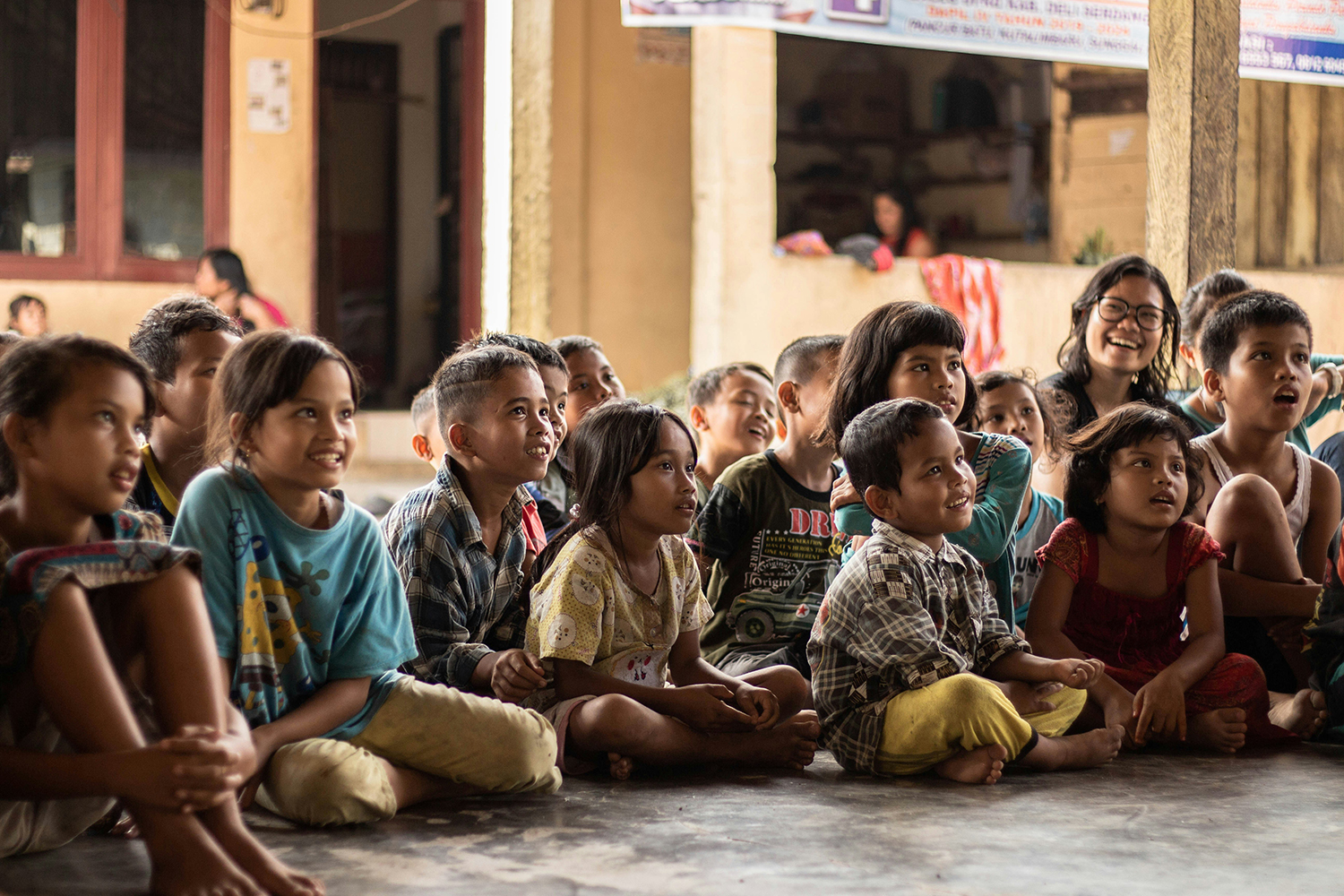Maintaining a team of dedicated researchers and advocates
Learn about the team supporting the Responsible Data for Children initiative and the different projects they work on.

Responsible Data for Children is a collaboration between UNICEF and The Governance Laboratory at New York University to promote the well-being and interests of children in our digital age.
We provide a framework for assessing risks and opportunities for advancing children’s rights across the data lifecycle. We are grounded in a set of principles for responsible data handling. Our support and guidance comes in a few different ways.

Visit our case study page to see examples from around the world on how institutions are promoting responsible data approaches.

Check out our tools, a light-weight and user-friendly way for organizations and practitioners to operationalize the RD4C Principles.

Watch some of the videos developed by us and our partners that speak to the value of the Responsible Data for Children principles and examples around the globe.

Want to know more about our work and seek support? Interested in providing your own lessons on responsible data practices for children?
Keep up to date with us by joining our newsletter. We also welcome ideas for publications, case studies, tools, and events so that we can be a hub for researchers and practitioners around the world.
Learn about the team supporting the Responsible Data for Children initiative and the different projects they work on.

The Responsible Data for Children initiative seeks collaboration with all international organizations, NGOs, private sector companies, and others who have a role to play in promoting the responsible use of data for and about children. We encourage institutions to reach out to us if they are interested in having support for embedding the Responsible Data for Children principles into their work.
If you become a member of our alliance, you will be able to:

The Responsible Data for Children initiative maintains a newsletter where it provides quarterly updates on its work around the globe. If you’d like to receive these updates and join the conversation, please subscribe now.